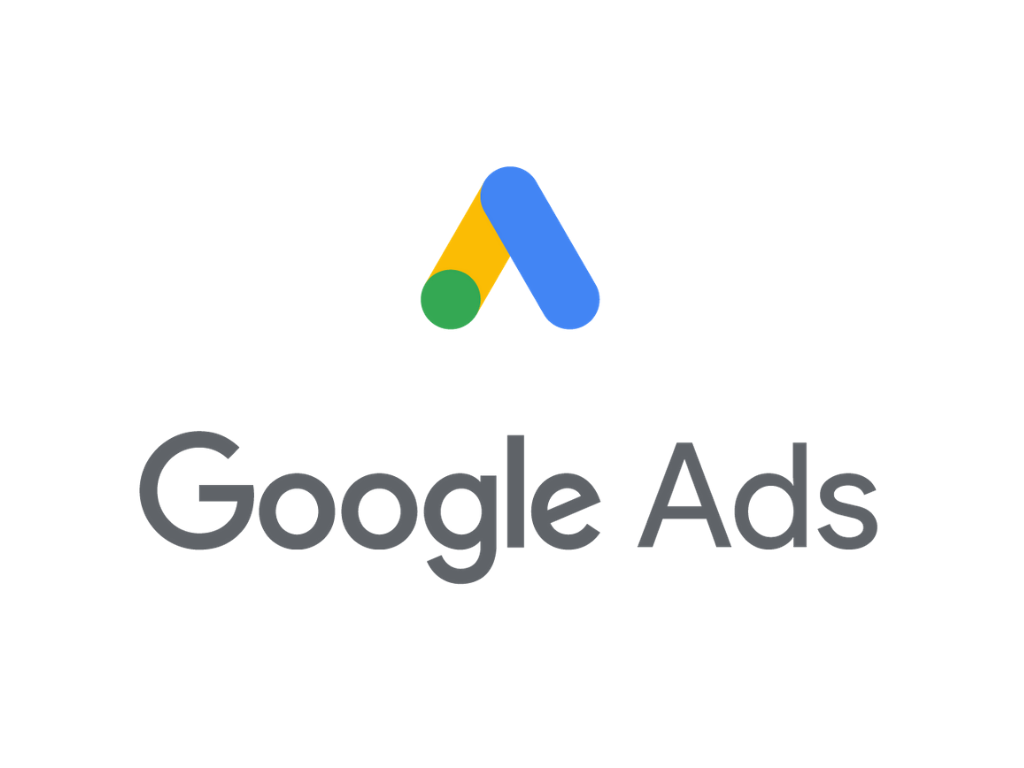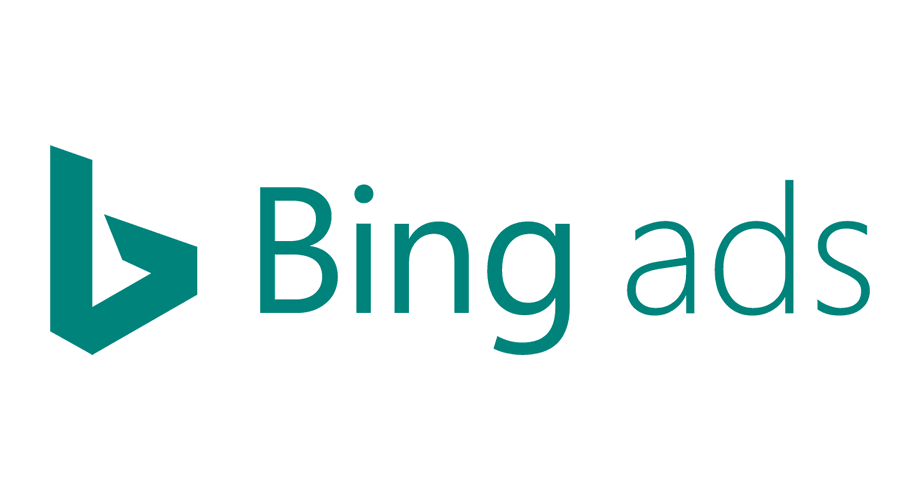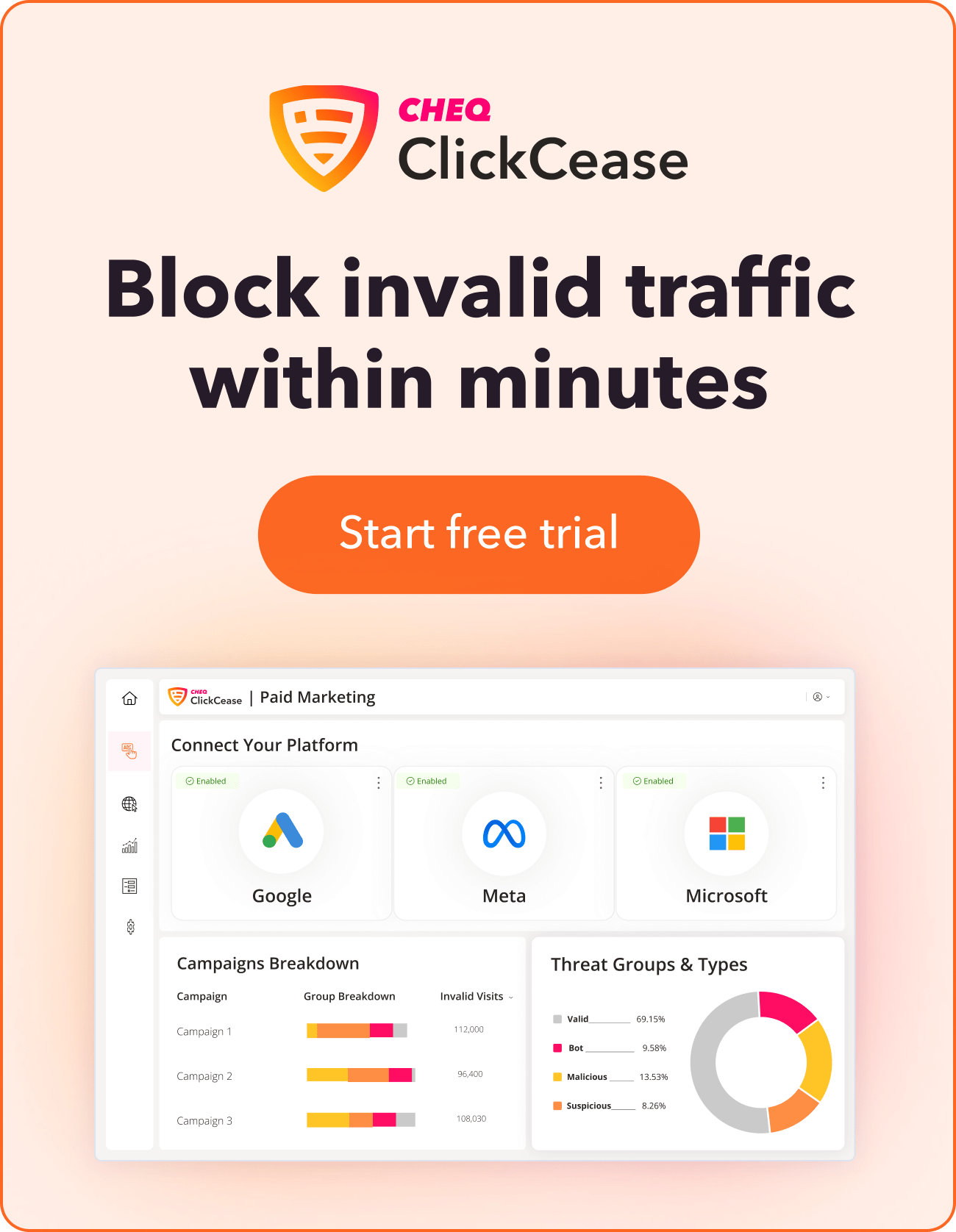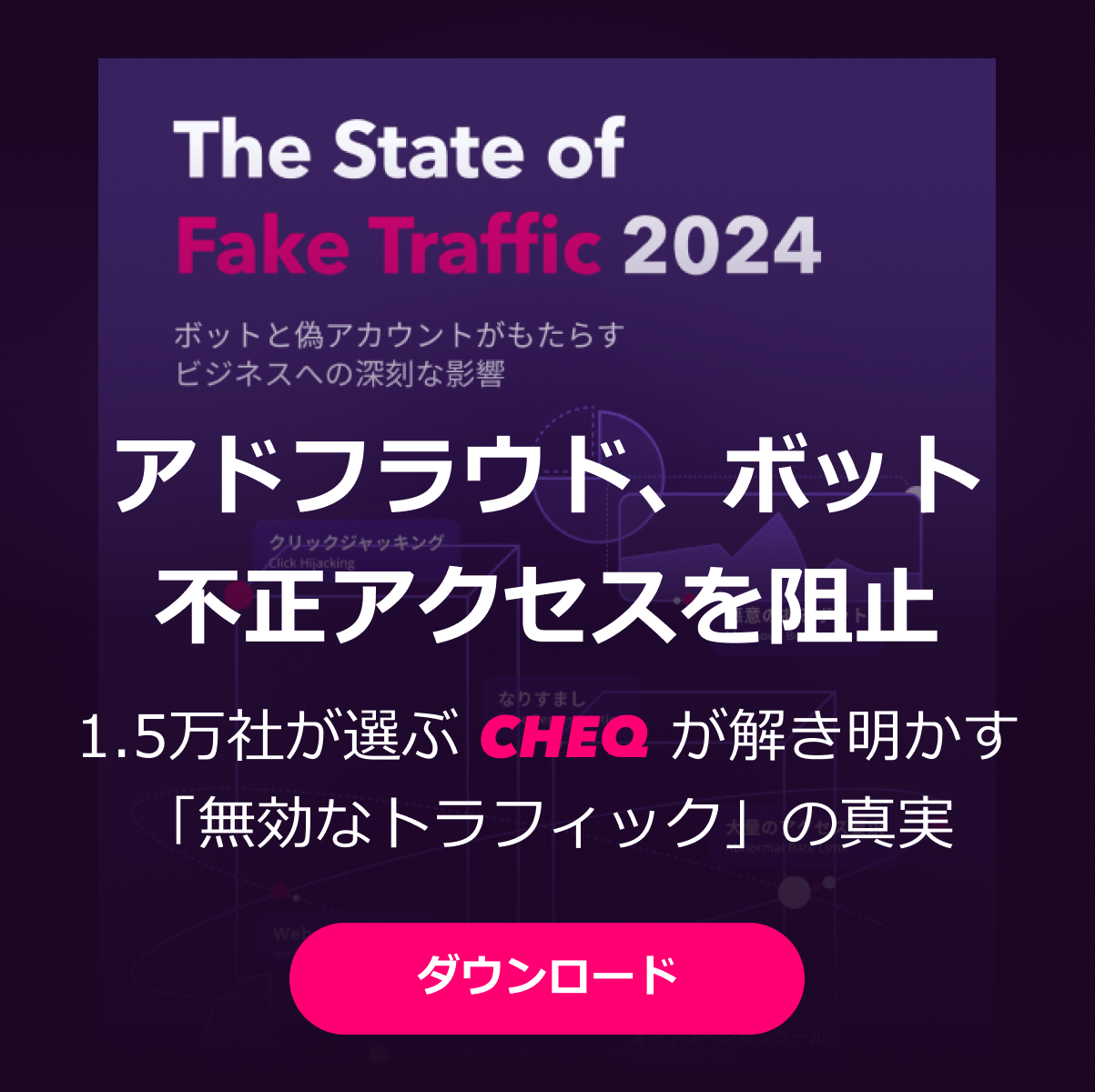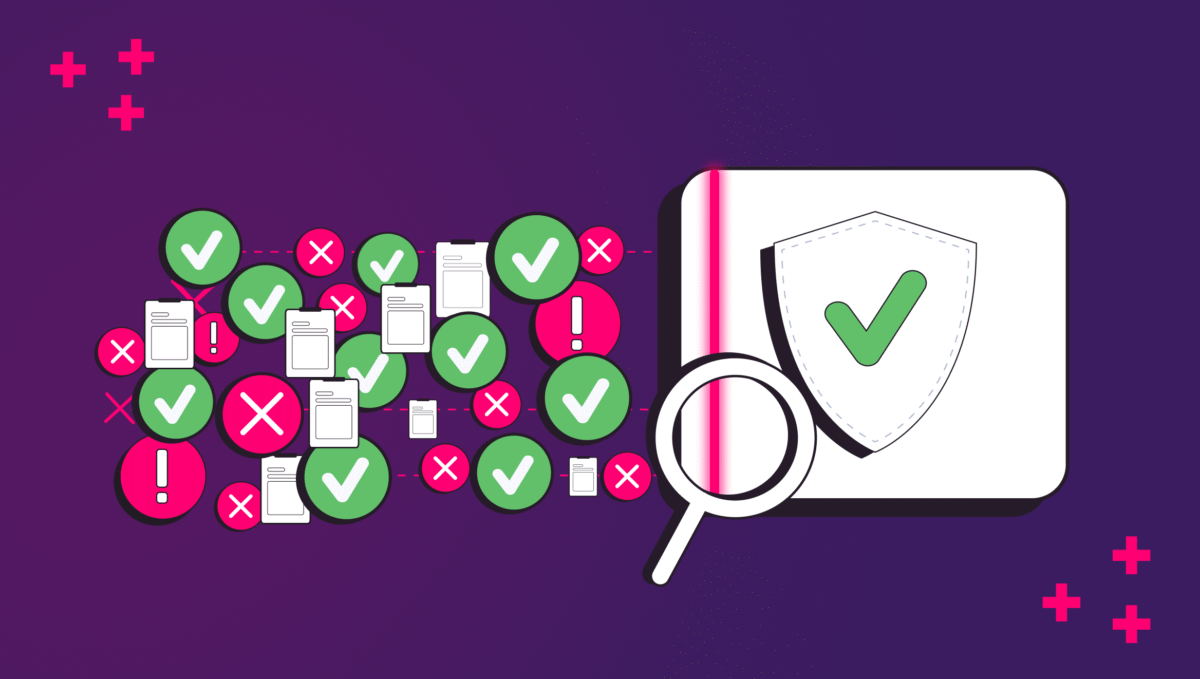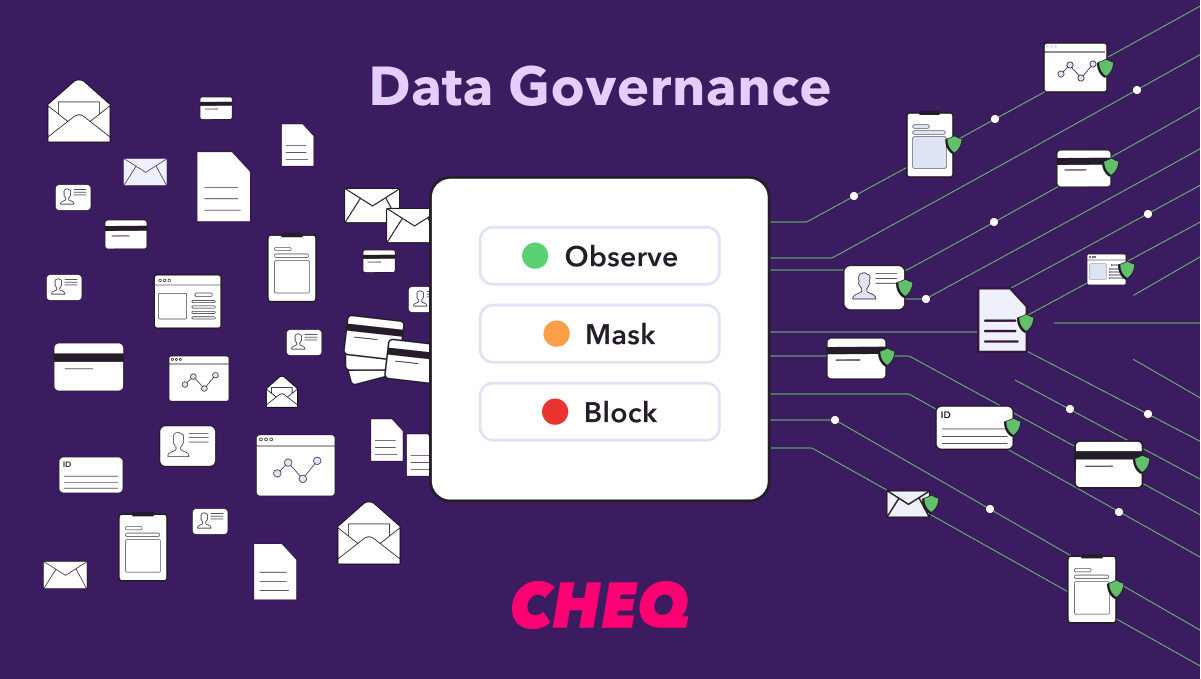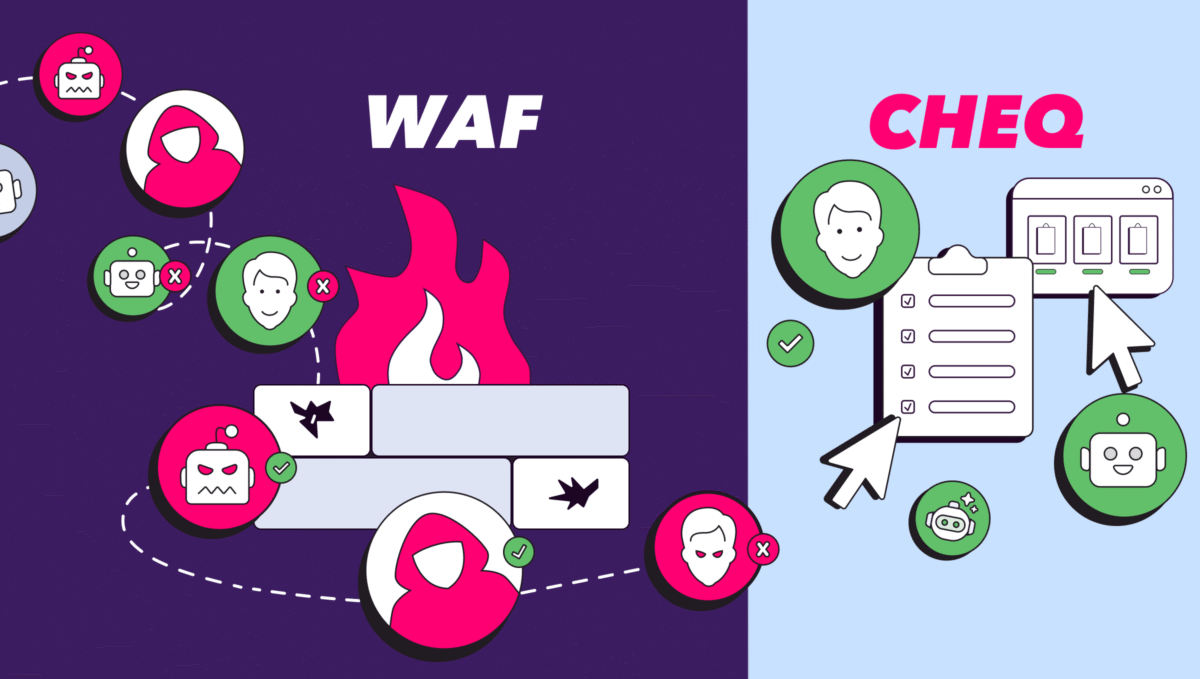How To Get PPC Clients For Your Agency
Oli Lynch
|Marketing | July 19, 2021

With a boom in digital marketing, more people are setting up their own boutique search management agencies.
Is the market saturated? Well, there are a lot of agencies for sure. But you’ll be pleased to hear there is plenty of work to go around. It’s just a case of knowing where and how to find clients for your PPC agency…
I’ve had plenty of experience sourcing clients for my own digital marketing business. And, when it comes to finding clients looking for pay-per-click (PPC) management, many of these same techniques apply.
So, let’s start right at the beginning.
1. Optimise your brand
First things first. How does your shop front look? And by that, I mean your website and your social media profiles.
If you’re setting up as an agency and you want to attract business, you will need:
- A nice simple website explaining what you do, with your contact details easy to find
- Your Linkedin profile updated and optimized for your target market
You should also ensure you are set up as a legal entity in whichever country you operate from. Whether this is an LLC, limited company, sole trader, or other form of local enterprise, don’t skip this step.
Why are these steps so important?
Firstly, a good web presence shows potential clients that you are two things.
- You’re real
- You can be held accountable
No one wants to hand over money to a faceless non-geo-specific profile they found on Facebook.
And your website and social media are going to be like your calling cards moving forward. You’ll link to them in your email signature or when you’re pitching for work – so make sure they reflect your professionalism and experience well.
2. Get your certifications in order
If you’re going to be pitching for new clients as a search engine marketer, it is highly advisable that you get your certs from Google and Bing.
It takes a couple of hours of study and answering questions, and you do need to update annually. But once you’ve earned that badge and you wear it with pride on your website, you will have a solid advantage when it comes to winning new business.
Links here:
Do you need all of them? Well, of course, that depends entirely on the service you’re going to offer.
Startup digital marketing agencies might want to build on their experience and qualifications over time. Pitching for new clients and doing the actual work of managing PPC ads is time-consuming stuff, so it can be your strategy for the long term.
Talking of which…
3. Define your offer and your strategy
When setting up a new business, outlining exactly what you can offer and how you will build it is key to your success.
And this understanding is also key to helping you find new clients for your fledgling agency.
- What services do you offer
- What services are you aiming to offer in the near future
- Is there a package you can include that might be tempting to potential clients
- Do you aim to target a specific industry, i.e., finance, e-commerce, legal, etc?
There is nothing worse than trying to be everything to everyone but then falling short across the board.
And second worse to that scenario is offering everything and only getting the work in an area you’re not that confident in.
So before you pitch anyone, build a good strategy and a solid offer.
4. Define your contract and your pricing
Now that you have defined your strategy and your business offering, this is where you come to the nitty gritty. Price lists are essential to help you offer your service consistently (of course, you can be flexible and open to negotiation). And contracts can make things much easier for you and your new clients.
PPC marketer pricing
All agencies are different, and you might have your own preference.
Do you charge per hour, per campaign, on a percentage basis, or on a monthly retainer?
Are you going to charge setup fees?
This will likely depend on several factors, such as your previous experience with managing pay-per-click, your location in the world, and even the industry you’re targeting.
For the amount of work that goes into managing a PPC campaign, it’s a good idea to charge a monthly fee or percentage of ad spend – for example, at least 10%.
PPC contract
As well as your price list, it’s also a good idea to create a sound contract for your potential PPC clients.
As well as looking more professional, it also allows you to define things such as:
- Service provisions
- Delivery time frames
- Billing cycles
- Contract lengths
- Pricing for additional services
- Non-disclosure agreements
This is just an overview of what your contract will include, but you can always refer to readily available PPC contracts online.
5. Who are your clients?
As a freelance PPC marketer or a small digital agency, you will often take whatever you can find. Especially at the start.
But, even if this is the case, having an ideal target customer in mind is always a good idea. This can help you with your own targeted marketing and makes your job of sourcing clients much easier.
For example, you might have worked with a real estate firm in the past, handling their marketing in-house. Now, you decide to take your marketing expertise and manage PPC ads for… Well… Anyone.
But you probably already know what works for real estate companies with regard to search marketing. But you know very little about how legal firms run effective PPC campaigns.
Start with what you know, and aim to build your client list as you go on.
This will allow you to build your own confidence, a good testimonials list, and maybe even start getting recommendations.
Sourcing new clients from a broader industry set is a good goal in the long term.
6. Craft your pitch
Whichever channel you’re targeting to find your clients, you’ll need to have a good pitch.
Yes, a blanket proposal is very useful when approaching multiple potential clients.
Keep that pitch short and sweet, and prepare to follow it up again next week (or within a few weeks at most).
If you want to up your hit rate, make a customised pitch.
You’ll need to already have a dialogue open with the marketing manager and an understanding of the pain points they’re experiencing. With this info, you can draw up a personalised strategy, highlighting optimisation potential, estimated delivery, and even personalised pricing.
7. Where are your clients?
Now we’re getting down to the business end of finding new paying clients for your PPC agency.
As you’ve focused on a specific industry (right?), you can work out how to target those clients directly.
Social media
For many industries, Linkedin is a great place to find clients. There is a whole world of potential for those prepared to put in the time, build a network and create regular content designed to attract your potential clients.
It’s not just Linkedin, of course. People find clients also on sites such as Twitter, Facebook, and Reddit.
But Linkedin is where business people network and pitches are part of the deal here. There is a whole world of information about pitching on Linkedin, but put simply:
- Don’t connect and pitch – build your list and be useful with regular informative content
- Search for hashtags related to your industry, for example, #marketing, #startupbusiness, etc
- Build relationships and offer assistance when relevant
Pay-per-click (PPC)
Let’s be honest; you’re in paid search marketing. Running a PPC campaign to find new clients is what you do…
Is it the best way to find yourself new clients? Again, that depends.
If you’re targeting SMEs, especially those with small decision-making hierarchies, the answer is probably yes.
But, if you’re aiming for larger corporate accounts or brands, you will most likely need to focus on direct selling or accounts-based marketing techniques.
As a digital marketing agency, it’s important to be aware of the issue of click fraud on programmatic marketing channels. The problem of fake clicks on your paid ads is a growing problem and one that can be fixed easily by using fraud prevention software such as CHEQ Essentials.
If you’re targeting your own clients using PPC, try the free trial of CHEQ Essentials to see for yourself the volume of invalid clicks out there.
Read more about click fraud here.
Email marketing

Ah, email marketing. It’s a fine art, and it relies very much on the quality of the data you have on your prospects.
Without going into too much detail, you’ll need to build a good database of potential clients, including names, job titles, email addresses (obviously), and even contact phone numbers.
Craft your pitch and use automated email scheduling software to get your message out there. MailChimp is a popular option, although I like to use SendPulse, which has a good free package with options for customisation.
Direct outreach
What better way to find PPC clients than by approaching people who are advertising on Google? There’s no harm done by asking people how their ads are performing or if they have the time to optimise them.
You might find someone who knows their ads could do better or feels like they’ve bitten off more than they can chew.
Another way to do direct outreach is to find a directory of local businesses and approach them via email or phone call. This can be time-consuming, as you’ll need to build a list of names and contact details.
But done right, this can be an effective source of new clients.
Referrals
If you’re already working with a client who digs your work, why not ask for a referral? By letting an existing client know that you are open to additional work and, if they can recommend anyone, you might just find another gem.
Thought leadership
Creating content designed to help your target audience is a solid long-term method to win clients. This is where having your own website comes into play, as you’ll be hoping to attract traffic to your site.
Offering reports, advice, guides, and how-to’s is all tried and tested.
The problem is that this doesn’t yield instant results. But, alongside a more quick win strategy, it’s a good idea to work on creating a regular blog or publishing somewhere like Medium.
8. Drop the jargon
Marketing, like all modern industries, comes with its own language. You might be entirely conversant, but it pays to be aware that not everyone speaks that language.
Of course, this will depend on who you’re talking to. The marketing manager for a large local business may well be up to speed on terms like ROAS, CTR, and conversion tracking.
But if you’re trying to seal the deal with mom’s local handmade pottery biz, you will likely need to dumb it down a little.
Speaking plain English (or whatever your language is) will minimise the chances of losing a client because they don’t know what you’re talking about.
Or, if you are a heavy jargon user, be sure to explain it and help your client get up to speed.
9. Added extras
Some extras should come as standard, and some you can charge for.
Those that should come as standard include:
- Campaign audit: Taking a look at the current campaigns and fixing any errors should be part of the onboarding process
- Weekly reports: Showing the client how the campaign is progressing and highlighting areas that need addressing
- Fraud prevention: Stopping invalid clicks on paid ads will improve both conversions and ROAS. CHEQ offers the industry-leading fraud prevention package – and you can try it for free too.
Services you can charge extra for include:
- Keyword research: The bread and butter of any search campaign. It can take a while to build a good keyword list. If your client hasn’t done their research, you might need to dig into the search terms and keywords for them
- Ad copywriting: Should you charge extra for writing the ad copy? This is a tricky one as the copy does make a big difference to the final result and may be considered an essential part of PPC ad management. If writing copy isn’t your specialty and you need to hire a writer, this is definitely an optional extra you can charge for
- Additional services: If you’re offering things like search engine optimisation (SEO), social media, or other content management services, then these will all be optional extras. Focusing on your specialty should still be your focus, especially at the start
10. Be consistent with your pitching
If you’ve set up a strategy for pitching clients, stick to a regular pattern. For example:
- Take half an hour to approach potential connections on Linkedin
- Spend twenty minutes adding local businesses to your spreadsheet
- Send a monthly email with some news or information to subscribers or previous contracts, NOT selling your service
- Create a blog post for your site or a magazine
- Work on your targeted PPC ads
By putting aside a few hours a week, every week, you can build your client list for your business in no time.
It’s also worth bearing in mind that sometimes a client will go live months, sometimes even a year or so after the initial pitch. So consistency and maintaining visibility are key in the long term.
You will likely find that you adapt and change your approach as you find out what works. And as you get more experience with winning clients for your marketing agency, you’ll be able to optimise both your own campaigns and those of your clients.
The takeaway
There are plenty of companies out there looking for marketing help. Knowing where to find these businesses and make them your clients involves multiple strategies and lots of consistency.
If you’re wondering how to set up a pay-per-click (PPC) business or if it’s worth doing, then be aware that it will take time to build that client list. Celebrate the wins, but keep on building every day – even when you have a good client on board.
Remember to protect your PPC ads with CHEQ Essentials. Sign up today for free.
